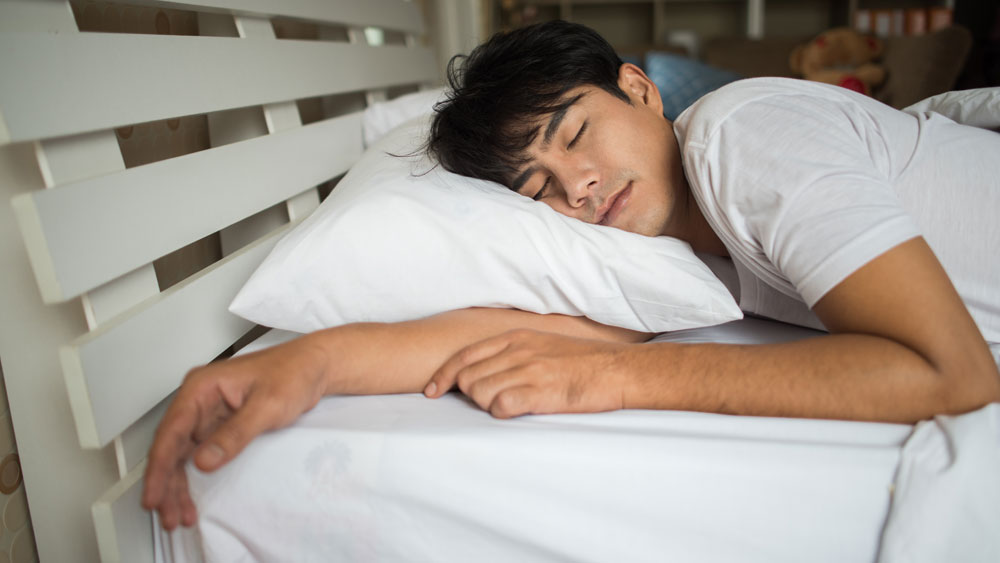Our sleep greatly affects our mood and mental health. Getting enough sleep is important, but a new study from Stanford researchers suggests that when you go to sleep also matters. Our circadian rhythm orchestrates our sleep-wake cycles, with individual preferences resulting in distinct chronotypes, commonly known as “morningness” and “eveningness.” Night owls might like to stay up late, even into the morning hours, but this preference may not be what is best for your mental health.
Previous studies have shown that behavior alignment to chronotype is important. This study tested chronotype alignment in a larger population. The study analyzed data from the UK Biobank, comprising 73,888 community-dwelling adults. Participants’ chronotypes were determined through questionnaires, while the timing of sleep behavior was assessed using a sleep monitoring technique called accelerometry. Mental health outcomes, including Mental, Behavioral, and Neurodevelopmental disorders, depression, and Generalized Anxiety Disorder were evaluated. Researchers hypothesized what other studies showed, that that living aligned to your chronotype is very important.
Individuals classified as morning people who maintained an early sleep schedule exhibited better mental health outcomes compared to those with late sleep behavior, irrespective of their natural inclination. Conversely, night owls who adhered to a late sleep schedule demonstrated poorer mental health. Longitudinal analyses further corroborated these findings, highlighting the enduring impact of sleep timing on mental well-being. This suggests that going to bed earlier, regardless of individual preference, may be beneficial for mental well-being. Notably, the association between evening preference and mental health disorders underscores the importance of sleep timing in mitigating such risks.
These findings carry significant implications for promoting healthy aging and preventing mental health disorders. Encouraging individuals to initiate sleep before 1 AM, regardless of their chronobiological preferences, may help prevent and alleviate mental health problems. Additionally, interventions aimed at aligning sleep behavior with chronotype could offer targeted strategies for improving mental well-being. Moving forward, further research into personalized approaches to sleep management could pave the way for more effective strategies in mental health care.


